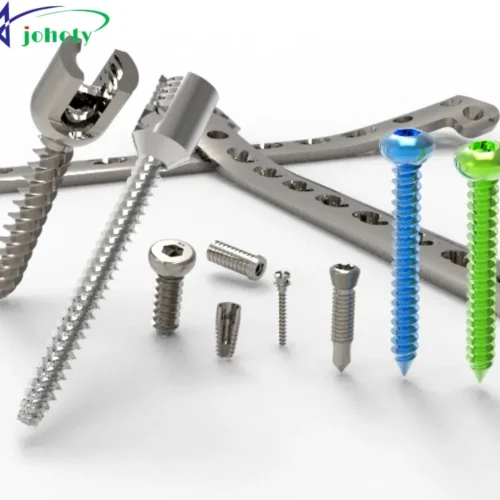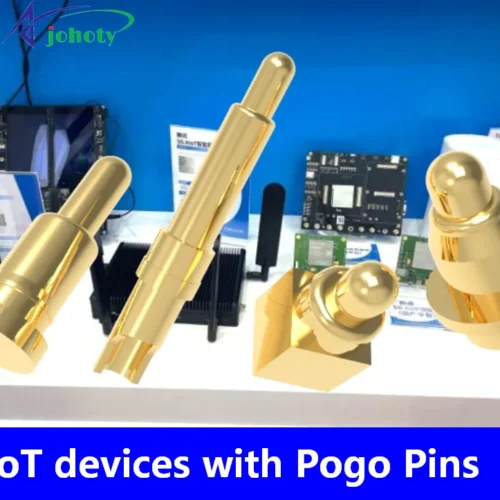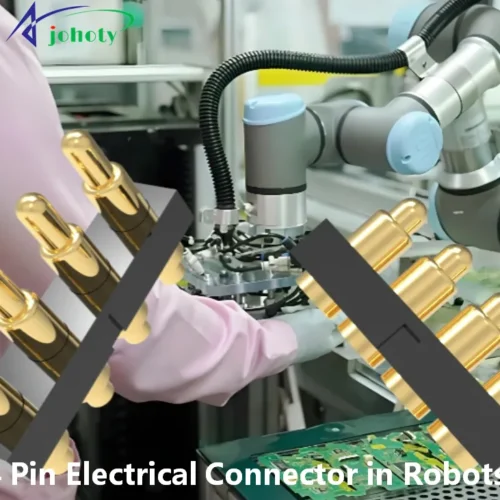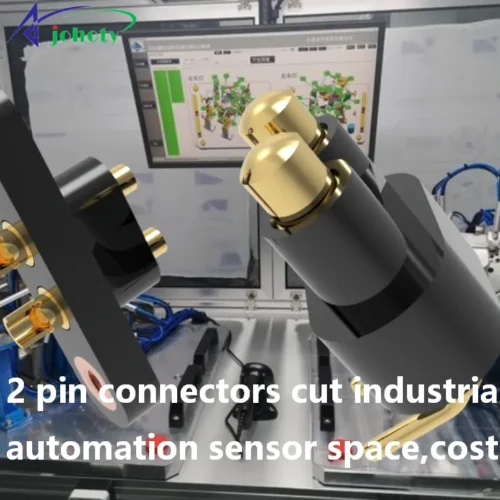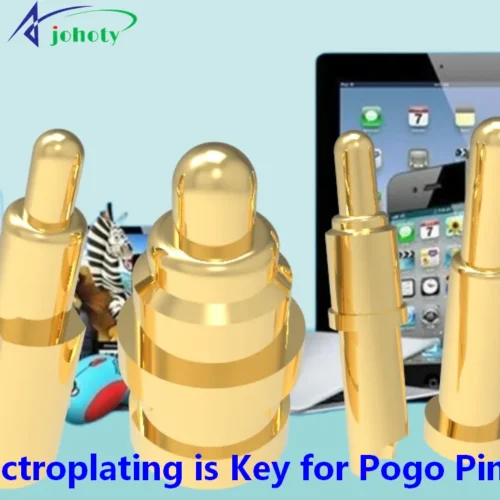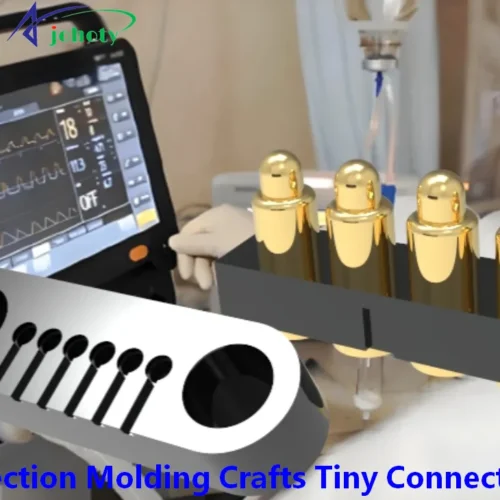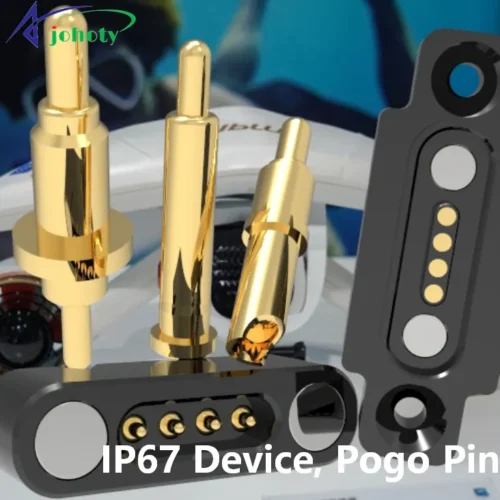Medical CNC Screw-machining: a precision tool for medical engineers, shaping high-accuracy medical screws. We delve into and dissect this technology, presenting the latest frontiers and innovative achievements in the medical engineering field.
Medical CNC Screw-machining is an advanced manufacturing process tailored for medical device production. Utilizing Computer Numerical Control (CNC), this method precisely cuts and shapes various metal materials. Including titanium alloys and stainless steel, to create the required threaded components for medical devices.
These parts find frequent applications in the production of surgical instruments, implants, and various medical apparatus. They are crucial for ensuring precision, reliability, and safety in medical devices. The high precision and flexibility of medical CNC threading technology make it the ideal choice for medical engineers. This helps them to meet the evolving demands of the medical device market. 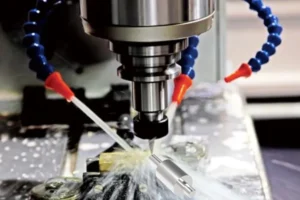
Introduction: Medical CNC Screw-machining For Medical Device High Precision
As we consider the challenges and priorities facing medical engineers, it becomes evident that the pursuit is paramount. It is high-precision in designing and manufacturing medical devices. From surgical tools to implantable devices, every detail must undergo rigorous precision machining to ensure safety and reliability. Hence, we introduce the blog theme: “Medical CNC Screw-machining For Medical Device High Precision”. This blog aims to uncover the practical uses of medical CNC screw-machining technology in the manufacturing processes of medical devices. Focus on how this technology enables high-precision manufacturing of medical equipment. We will explore the advantages, challenges, and latest developments of Medical CNC Screw-machining technology. We’ll also discuss some case studies showcasing success stories and viewpoints. The purpose of this blog is to empower medical engineers with valuable insights and resources. Assisting them in achieving greater success within the realm of producing medical devices.
Demands and Challenges: Medical CNC Screw-machining For Medical Device High Precision
- Medical engineers face stringent requirements and complex challenges in designing and manufacturing medical devices. These demands include highly precise dimensions, shapes, and functionalities of medical devices. As well as strict requirements for material quality and reliability.
- Medical devices often need to closely integrate with human tissues and organs. Thus necessitating consideration of ergonomics and biocompatibility factors in the design and manufacturing process. Additionally, the medical device industry faces evolving regulatory requirements, necessitating compliance with relevant quality standards and regulations.
- Therefore, overcoming these hurdles demands that medical engineers employ advanced technologies and manufacturing methodologies. Ensuring that the designed and manufactured medical devices possess high precision, reliability, and safety. To meet rigorous market demands and regulatory requirements.
Dimensional and Shape Accuracy:
- Medical devices typically require extremely precise dimensions and shapes to ensure perfect compatibility with human tissues. For example, implants must be precisely designed and manufactured to fit the patient’s body structure and provide optimal functionality.
Material Selection and Performance Requirements:
- Material selection for medical devices is crucial, considering aspects such as biocompatibility, mechanical properties, and corrosion resistance. Engineers must choose materials suitable for specific applications and ensure they meet the product design and performance requirements.
Ergonomic Considerations:
- Medical devices must adhere to ergonomic principles to ensure patient comfort and safety. Designers need to consider human anatomy and function to design devices that align with anatomical features.
Biocompatibility and Safety:
- Medical devices must exhibit good biocompatibility to avoid adverse reactions in patients. Engineers need to ensure that selected materials and processing methods comply with relevant biocompatibility standards and regulatory requirements.
Stringent Regulatory and Compliance Requirements:
- Regulatory and compliance requirements are rigorously enforced in the medical device sector. Engineers must ensure that designed and manufactured devices comply with relevant quality standards and regulations. Such as FDA certification and CE compliance.
In-depth Analysis: Medical CNC Screw-machining For Medical Device High Precision
Principles and Process:
- Medical CNC screw-machining technology utilizes computer numerical control systems to precisely thread machine tools. Engineers control the movement of tools along the workpiece surface through pre-programmed instructions, accurately cutting the desired thread shape. This automated machining process achieves high levels of repeatability and accuracy.
Material and Tool Selection:
- In medical device manufacturing, titanium alloys and stainless steel, known for their high strength and corrosion resistance, are prevalent materials in use. Engineers need to select appropriate tools for these materials and adjust machining parameters. This can ensure ideal surface quality and dimensional accuracy during processing.
High Precision Machining Requirements:
- Medical devices often require extremely precise thread dimensions and shapes to ensure compatibility and functionality with other components. Medical CNC machining technology meets these high-precision machining requirements, maintaining the quality and performance integrity of medical devices.
Flexibility and Adaptability:
- Medical CNC screw-machining technology offers high flexibility, accommodating various shapes and sizes of workpiece machining requirements. Engineers can adjust machining parameters and tool paths to achieve threading of different shapes and sizes. Catering to the diverse manufacturing requirements of various medical devices.
Quality Control and Inspection:
- During Medical CNC screw-machining, engineers need to conduct rigorous quality control and inspection. This is to ensure that machined parts meet quality and dimensional accuracy requirements. Common quality control methods include using measuring instruments for dimensional measurement and surface quality inspection. As well as conducting functional tests and performance verification.
Success Case: Medical CNC Screw-machining For Medical Device High Precision
Case name:
Manufacturing Brain Implantable Neurostimulators
Background:
- An Italian medical device company is dedicated to developing a brain-implantable neurostimulator. It is for treating neurological disorders such as epilepsy and Parkinson’s disease. The stimulator requires highly precise design and manufacturing to ensure compatibility with patients’ brain tissues and accurate modulation of neural signals.
Challenges:
Manufacturing brain implantable neurostimulators face numerous challenges.
- Firstly, the device necessitates highly precise threaded components for accurate installation and modulation during surgery.
- Secondly, due to direct contact with human tissues, the biocompatibility of materials and surface quality are crucial.
- Moreover, the device must adhere to stringent regulations and high-quality standards to safeguard patient safety and ensure the effectiveness of treatment.
Solution:
- Collaborating with us, the client utilized medical CNC screw-machining technology to precisely manufacture various threaded components.
- We selected high-quality titanium alloy materials and ensured the highest standards of dimensional accuracy and shape precision through precise processes.
- Furthermore, the client conducted rigorous quality control and inspection in our facility. The purpose is to ensure that each part complies with pertinent quality and regulatory stipulations.
Outcome:
- Through the application of medical CNC screw-machining technology, the client successfully manufactured a high-precision brain implantable neurostimulator. The device demonstrated promising results in clinical trials, offering patients an effective neurostimulation treatment option.
- This case also showcases the importance and value of medical CNC machining technology in medical device manufacturing. Bringing new opportunities for industry advancement.
Ensuring Quality and Compliance: Medical CNC Screw-machining For Medical Device High Precision
Rigorous Process Control:
- Develop detailed process flows and operating procedures to ensure compliance with standards and specifications.
- Implement strict control and adjustment of parameters for medical CNC screw-machining to maintain accuracy and stability in processing.
Material Selection and Inspection:
- Choose high-quality materials that meet industry standards for medical devices, such as stainless steel and titanium alloys.
- Conduct quality inspection and certification of materials to ensure compliance with relevant biocompatibility and mechanical performance requirements.
Regular Maintenance and Calibration:
- Ensure that CNC machining equipment undergoes regular maintenance and calibration sessions to ensure stable performance and accurate processing results.
- Conduct regular inspections and replacement of machining equipment and tools. It is to ensure their good condition and prevent impact on machining quality.
Quality Inspection and Testing:
- Conduct rigorous quality inspection and testing during the machining process, including dimensional measurement, surface quality inspection, and functional testing.
- Utilize advanced detection equipment and technologies to ensure that machined parts meet design requirements and specifications.
Documentation and Traceability:
- Maintain detailed records and traceability for each batch of machined parts, including processing parameters, material information, and quality inspection reports.
- Set up a comprehensive documentation protocol to track every step of the machining process and integrity of quality records.
Compliance with Standards and Regulations:
- Ensure that machining processes align with the regulatory requirements and industry standards applicable to medical devices, such as FDA and ISO 13485.
- Execute routine internal audits to validate compliance with manufacturing procedures and evaluate the efficiency of the quality system.
Latest Developments and Trends: Medical CNC Screw-machining For Medical Device High Precision
Personalized Customization:
- With the advancement of medical technology and the rise of personalized medicine, they are trending towards more personalized and customized solutions. Medical CNC Screw-machining technology offers flexibility to meet various shaping and sizing requirements. Providing crucial support for the manufacturing of personalized medical devices.
Smart Manufacturing:
- The application of AI and machine learning technologies presents new opportunities for medical device manufacturing. By applying AI technology to optimize parameters and automate control in the process. The efficiency and precision of medical CNC machining processing can be further enhanced, achieving smart manufacturing.
Innovation in Materials and Coating Technologies:
- Continuous innovation in new materials and surface coating technologies opens up new possibilities for enhancing medical devices’ performance and functionality. The technology can adapt to various material and coating processing requirements. Provide a wider array of options and increased flexibility in the manufacturing of medical devices.
Application of Additive Manufacturing Technology:
- Additive manufacturing technology, such as 3D printing, is increasingly widespread in medical device manufacturing. Compared to traditional cutting machining techniques, additive manufacturing technology offers greater flexibility and design freedom. In the future, the integration of Medical CNC machining technology with additive manufacturing technology will become an important direction. The goal is to propel forward the development of medical device manufacturing.
Digitization of Production Processes:
- The promotion of digitized production processes will further improve the efficiency and quality of medical device manufacturing. By integrating Medical CNC Screw-machining technology with digital manufacturing platforms, achieve real-time monitoring and data analysis of the production process. Facilitating prompt identification and resolution of production challenges, this will result in heightened production efficiency and improved product quality.
Conclusions: Medical CNC Screw-machining For Medical Device High Precision
The Significance of Medical CNC Screw-machining Technology:
- Medical CNC Screw-machining technology plays a crucial role in medical device manufacturing, particularly in meeting high precision and reliability requirements. This technology utilizes CNC systems to precisely control tool movement. Achieving high levels of automation and precision in threading machining, ensuring the quality and performance of medical devices.
Applications of Medical CNC Screw-machining Technology:
- Medical CNC Screw-machining technology finds extensive application in medical device manufacturing, including surgical tools, dental implants, and surgical instruments. Medical CNC Screw-machining technology is well-suited for machining components of varying shapes and dimensions. It also meets the high precision and reliability requirements of medical devices. Contact us now to ensure the realization of your project’s success.

